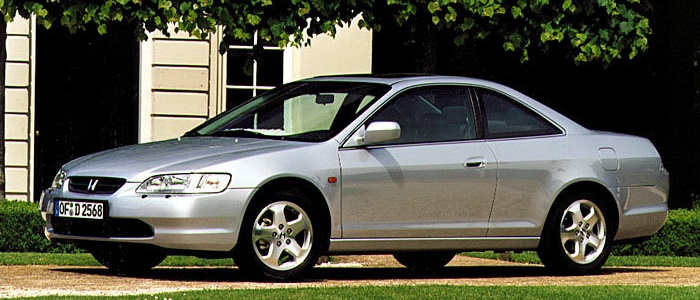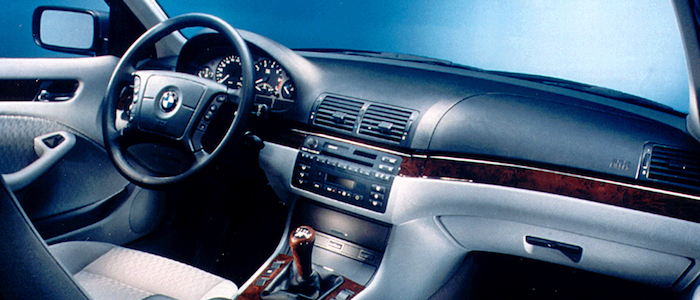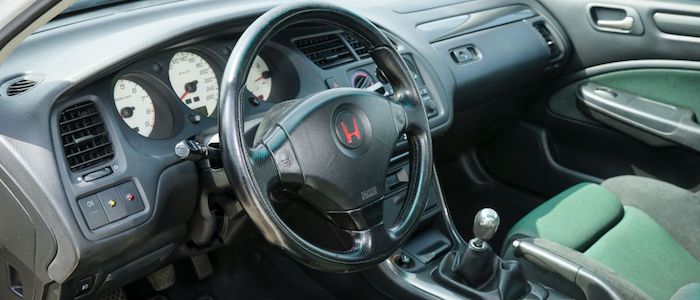Compare two cars
Compare any two cars and get our Virtual Adviser™ opinion
Dimensons & Outlines
Check vehicle history
Engine
Performance (manual gearbox)
Performance (automatic gearbox)
Expenses
Virtual Adviser's™ opinion
Two significantly similar cars, no doubt about that. Still, each one has something different to offer. Having both cars powered by petrol engines and utilizing the 2-door coupe body style within the same 'Large family car' segment, the only major difference here really is their wheel drive configuration (rear for the BMW and front in the case of the Honda). The first one has a BMW-engineered powertrain under the hood, a 6-cylinder, 24-valves 231hp unit, while the other one gets its power and torque from a 6-cylinder, 24-valves 200hp engine designed by Honda.
SafetyThe first thing to look into here would be the results from European New Car Assessment Programme (Euro NCAP) tests performed on the two cars. Good thing is that both vehicles got tested, with the same number of safety stars gained in the process. Still, apart from the official crash test results there are other things we need to be aware of. Both vehicles belong to the large family car segment, which is generally a good thing safety-wise, still it doesn't help us solve our dilemma, does it? On the other hand, if we'd like to consider vehicle mass in this context too, which we definitely should, the Japanese car offers a marginal difference of 2% more metal.
ReliabilityManufacturers have been building their reliability reputation for decades now and, generally speaking, it appears that Honda is significantly less fault-prone, when all the models are taken into account. That's the official data, while our visitors describe reliability of BMW with an average rating of 4.1, and models under the Honda badge with 4.7 out of 5. Some independent research have also placed 3 Series as average reliability-wise, and Accord is more or less at the same level.That apart, owners of different cars powered by the same engine as the German car rank it on average as 5.0, while the one under the competitor's bonnet gets 4.0 out of 5.
Performance & Fuel economyBMW is undoubtly more agile, reaching 100km/h in 1.5 seconds less than its competitor. In addition to that it accelerates all the way to 250 kilometers per hour, 25km/h more than the other car. When it comes to fuel economy the winner has to be the German car, averaging around 9.1 liters of fuel per 100 kilometers (31 mpg), in combined cycle. We can't ignore that 19% difference compared to the Japanese car.
Verdict
Honda appears just a bit more reliable, although the difference is truly marginal. The most important thing when deciding between any two vehicles should always be safety, both passive and active. In my opinion, everything taken into account, the Japanese car offers slightly better overall protection and takes the lead. From there things take a different direction, with BMW outracing its opponent in any situation possible, making it better choice for boy racers. To make things even better, it consumps less fuel! All together, there's not much more to say, in this case I wouldn't even consider anything but BMW. Anyway, that's the most objective conclusion I could've came up with and it's based solely on the information found on this website. Aspects such as design, practicality, brand value and driving experience are there for you to measure them out. I suggest you spend two more minutes in order to find out which car, based on your needs and budget, would be picked by the virtual adviser™, out of 12.000+ vehicles we currently have in our database.































